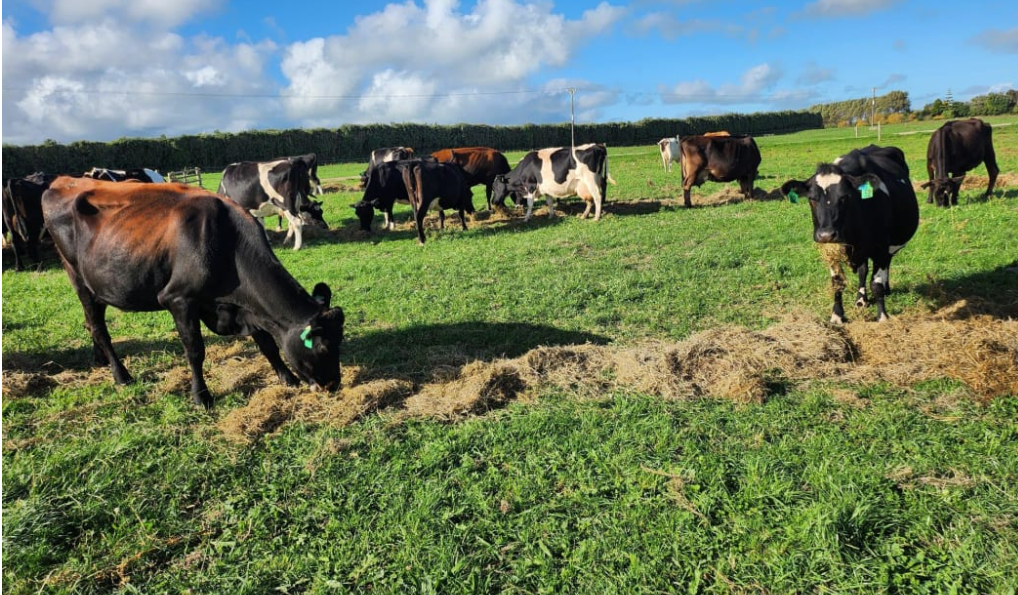
By Eloise Gibson of RNZ
A British scientist says it's concerning Prime Minister Christopher Luxon has dismissed him and other climate scientists as "worthies" for raising concerns about plans to lower New Zealand's methane emissions target.
Paul Behrens, the global professor of environmental change at Oxford University, said the government appeared to be trying to deflect attention from questions about the country's agricultural greenhouse gases.
"I think the characterisation of climate scientists as 'worthies' reflects a really concerning dismissal of evidence-based policy making," he said.
"While the Prime Minister's remarks may aim to deflect criticism of New Zealand's agricultural emissions profile they overlook the clear global consensus that methane reductions are critical to limiting near term warming."
Luxon denied he was dismissing science or deflecting attention from this country's farming emissions.
"What a load of rubbish. My point was very clear - those scientists can write to leaders of 194 countries before they send it to me," he said.
Though a decision is yet to be revealed, farming groups appear have swayed the government to reduce the current target, which is shrinking emissions somewhere between 24% and 47% by 2050.
Several climate experts say the country will set a dangerous precedent for Ireland and other big methane emitters if it aims too low.
When 26 international climate change scientists wrote to Luxon accusing him of "ignoring scientific evidence" showing global heating caused by methane has to reduce, the Prime Minister said it was lovely if "worthies" wanted to write him letters but New Zealand was already managing methane emissions better than "every other country on the planet".

That is because the government asked a scientific panel to tell it how much methane emissions would need to drop to just level off global heating from methane, not reduce it.
The answer was 14% to 24% by 2050, about half the current target.
The debate is whether that is enough.
Federated Farmers and Beef + Lamb say yes, because methane is much shorter lived than the other main heating gases, carbon dioxide and nitrous oxide.

"If the world really did cut emissions in line with what those kind of guys are talking about, then I think we should absolutely be part of it. In the absence of that action, I think a 'no additional warming target' is a reasonable fall back position."
Dr Frame said unlike more profitable dairy farming, sheep and beef farms could not absorb the cost of methane-cutting technologies.
Another member of the government's panel, atmospheric scientist Laura Revell, said it was a tricky call for the government.
"Everyone is in agreement - those on the panel, those who wrote the letter - that methane is a greenhouse gas which global action is needed to address.
"We know that the consequences of climate change are severe, we are seeing it already and every bit of warming we can avoid helps.
"On the other hand, farming is a big part of the New Zealand economy and these emissions are associated with feeding people."
The Climate Change Commission said the country should aim for a cut of at least 35% because the costs and impacts of global heating are turning out worse than expected.
It said there is no reasonable excuse to do less on methane, under New Zealand's climate commitments.














